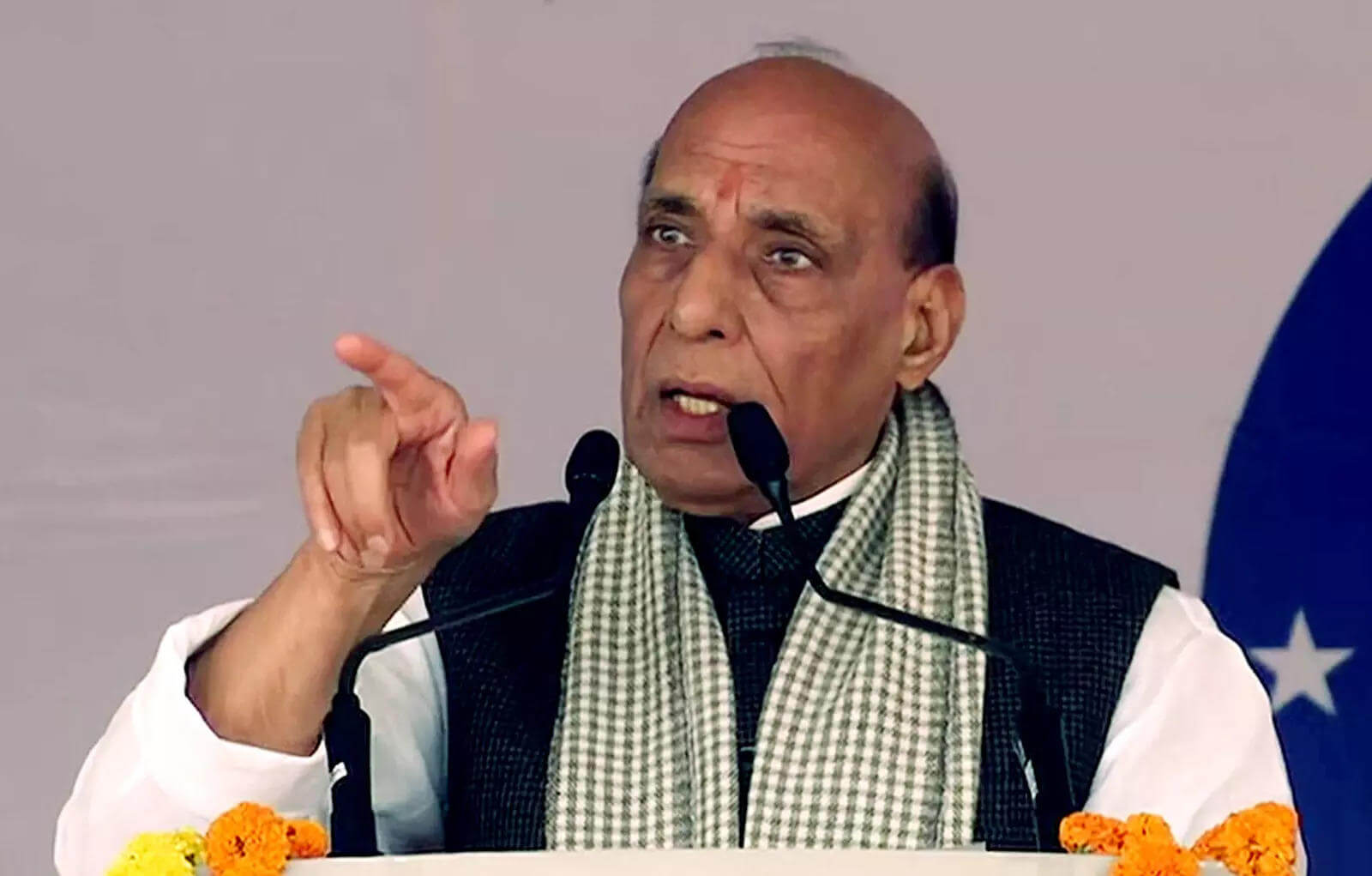On Tuesday, Indian Defence Minister (DM) Rajnath Singh urged the UN Security Council (UNSC) to include India as a permanent member to become a more inclusive decision-making body that reflects the “demographic realities of the world.”
Singh said as the “most populous nation,” India’s absence from the list of permanent members of the UNSC undermines “the moral legitimacy of the UN.” To this end, he demanded that the UN be “more democratic and representative of the current realities of our age.”
India’s Peacekeepers
Speaking at the Indian Army’s event to celebrate 75 years of UN peacekeeping on Tuesday, Singh highlighted India’s “rich legacy of contribution to UN Peacekeeping operations.” He added that New Delhi is “one of the largest contributors of troops” to the missions.
International day of UN peacekeepers celebrated in Delhi, with the presence of Indian Defence minister Rajnath Singh, Indian CDS, Army Chief & UN coordinator. https://t.co/1jtgvZyM0A pic.twitter.com/FfxkV3YPad
— Sidhant Sibal (@sidhant) June 13, 2023
In this regard, he stressed that India had deployed 270,000 troops to date, with 5,900 currently present in missions in 12 countries. Through this, Indian troops have “supervised complex, unmanageable peace operations, earning universal admiration for their professional excellence.”
He extended gratitude to all the Indian soldiers for their contribution to the principles of the UN Charter. He also expressed his condolences to all the families of troops who lost their lives.
Similarly, Chief of the Army Staff General Manoj Pande celebrated India’s successful contribution to peacekeeping, including women’s participation and military officers.
Future of Peacekeeping
He called for “innovative approaches and enhanced cooperation” between responsible nations to secure the safety and efficacy of UN Peacekeepers in “violence-hit regions to maintain stability, prevent conflicts, and facilitate restoration of peace.”
#WATCH | Delhi | On the 75th anniversary of ‘UN Peacekeepers Day’, Defence Minister Rajnath Singh says, "...I believe that conflicts tend to have an inbuilt momentum of their own which provides support for its own continuation - a sort of negative equilibrium. So, to come out of… pic.twitter.com/PPlF97uh1X
— ANI (@ANI) June 13, 2023
To this end, the DM also called for investments in “training, technology, and resources.” He emphasised the importance of women’s participation in peacekeeping and their “unique contribution” in conflict areas.
Citing the Russia-Ukraine conflict as an example, Singh called for a stronger commitment to peace, particularly in light of the negative impact of violence and conflicts.
Singh noted that such tensions are harmful to “directly involved actors,” and those indirectly involved through “negative externalities” such as the food and fuel crises. He also underscored the “ripple effects” of the tensions.
“When conflicting parties restore peace, they benefit in terms of human lives saved, higher economic growth achieved, etc. The rest of the world also benefits as peace fosters stability and encourages economic growth,” the Minister asserted.

